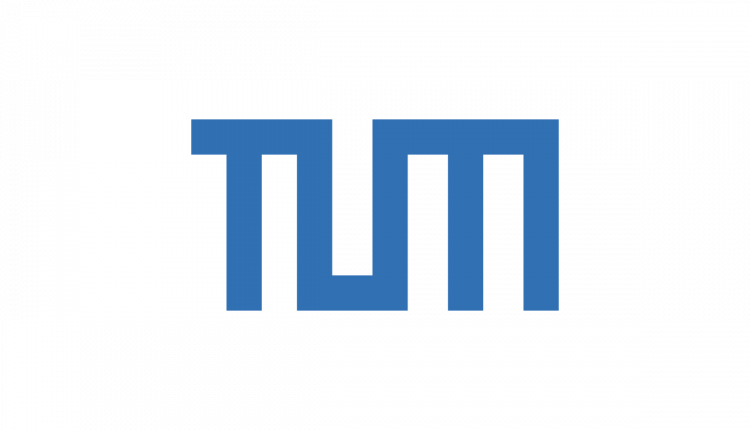Technical University of Munich: Award for digital treatment program
An app for treating chronic diseases, a construction robot and a cooling technology for quantum engineering applications: these products have been successfully launched by the start-ups Kaia Health Software, KEWAZO and Kiutra. Yesterday they were the final nominees for the TUM Presidential Entrepreneurship Award – with first prize going to Kaia Health. Before the announcement at the Entrepreneurship Day, guests from the EuroTech Universities Alliance discussed the European innovation ecosystem.
How start-ups can succeed at the European level, whether the Israeli ecosystem can serve as a role model, and how Europe can achieve technological sovereignty – these were three of the many issues discussed by guests from the world of science and the business sector at the TUM Entrepreneurship Day. This year’s event, held under the motto “Joining forces to boost the European Innovation Ecosystem,” was hosted jointly by TUM an UnternehmerTUM with its EuroTech Universities Alliance partners from France, Israel, the Netherlands, Denmark and Switzerland. For aspiring start-up teams, there were also online workshops and opportunities to exchange ideas with successful entrepreneurs.
In the evening, the TUM Presidential Entrepreneurship Award was presented to three spin-off companies. Key criteria for the jury were business ideas based on the outcome of research, strong growth potential and initial success in obtaining financing. The award comes with a 10,000 euro cash prize, donated by the Bund der Freunde.
Winners: Kaia Health Software
For patients with chronic diseases, it is often important to do gymnastics or breathing exercises at regular intervals. It is not always possible to have the support of a therapist. Experience shows, however, that patients at home do not always perform the exercises correctly. Kaia Health has developed an app to support the treatment of various chronic conditions. It uses computer vision technology to monitor the exercises with a phone camera and offer corrective tips. In addition, users can interact with their physiotherapy practice or doctor’s office. So far the app offers therapeutic support for back pain and chronic obstructive pulmonary disease (COPD), with further applications planned.
With their product, Konstantin Mehl, a management graduate, and Manuel Thurner, an informatics graduate, hope to relieve pressure on the healthcare system. They received support from the Center for Digital Technology and Management (CDTM), which offers a supplementary degree program in which students work in interdisciplinary teams to design new technologies, turn them into real products and prepare to establish companies. Since it was founded in 2015, Kaia Health Software has completed several rounds of financing. Today it has more than 200 employees and an office in New York.
Nominee: KEWAZO
The assembly of scaffolding is a physically demanding and often dangerous job. This has made it increasingly difficult to recruit workers. KEWAZO has developed a robot that automatically transports the materials and independently navigates the site. The battery-operated robot, which is easy to install, helps companies to overcome the skills shortage, improve workplace safety and save assembly costs. In addition, the technology analyzes operational data for improved project management.
The start-up team, made up of graduates in building robotics, informatics and management, first met at the Think.Make.Start Hackathon. They received support under several TUM and UnternehmerTUM programs, including the US Venture program and the XPRENEURS incubator program. Today KEWAZO is selling its product not only to construction companies but also large industrial plants and shipyards.
Nominee: Kiutra
The use of quantum mechanics effects is currently yielding entirely new and more powerful technologies. However, such applications usually require ultra-low temperatures. Kiutra has invented a magnetic cooling technology that can create those conditions without requiring ultra-cooled liquefied gases such as the rare and expensive helium-3. The product is suitable for long-term use and thus for industrial applications. In addition, the company offers highly automated instruments for rapid tests at low temperatures.
Kiutra was formed in 2018 by four scientists from the Chair for Topology of Correlated Systems. They received support from the TUM Start-up Consultancy and through several UnternehmerTUM programs. The start-up has successfully completed several rounds of private funding and now has more than 30 employees.

